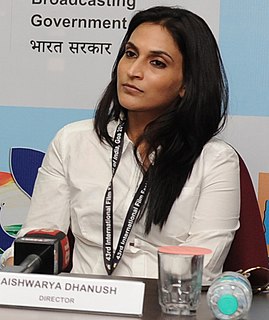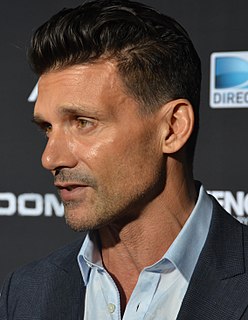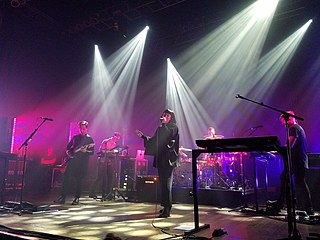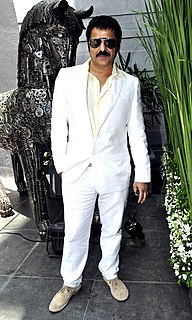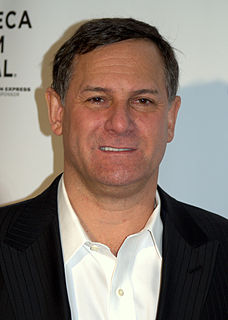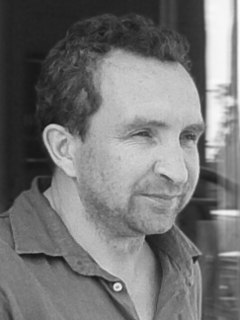A Quote by Saswata Chatterjee
Unlike in the past, when acting in parallel cinema entailed hitting film festival circuits even not fully comprehending the story thread at times, directors are more intent to tailor present day films for the audiences, while introducing fresh concept and craft.
Related Quotes
In an old model, the way a film would imprint itself on the public's consciousness is to get a theatrical run. But now there are more documentaries and more films in general being released than ever before. There are weeks when the New York Times is reviewing 15 films, so it's harder to leave an impression on the public. A lot of these films are seeing their financial future on digital platforms. Because viewers aren't hearing as much about films in theatrical release, I think the festival circuit is going to have increasing importance for the life of a film.
More than my other films, Uncle Boonmee is very much about cinema, that's also why it's personal. If you care to look, each reel of the film has a different style - acting style, lighting style, or cinematic references - but most of them reflect movies. I think that when you make a film about recollection and death, you have to consider that cinema is also dying - at least this kind of old cinema that nobody makes anymore.
A few weeks ago I went to a screening of 'Portrait of a Lady on Fire' at Utopia. I'm not a very introspective person but when I get on that stage, it feels even more overwhelming than showing my films at the Cannes film festival. Because standing there, I'm so close to my past. I can see how far I've come.
It is said that anyone who does commercial cinema is not acting, and anyone who does an art film is acting. I don't believe it. I feel whenever you are doing a film, you are acting. So you need to be applauded for that. I won't do art house cinemas. I want to make commercial films. I want my films to make money.
I think one of the London Film Festival strengths is that it's set in London but it's not about London. It's about the diversity of this city and it's about world cinema. And that's what London is - London is a place where its identity is always in a state of flux. So, this festival celebrates the way in which it is always changing. That's why London is a fascinating place and that's why the film festival is a fascinating film festival.



